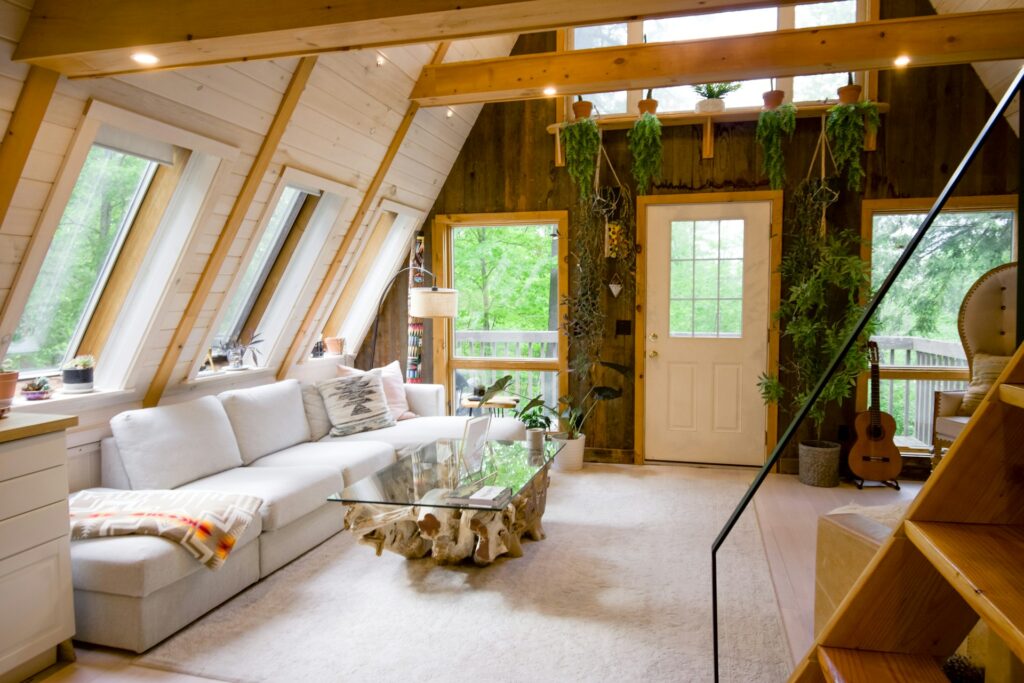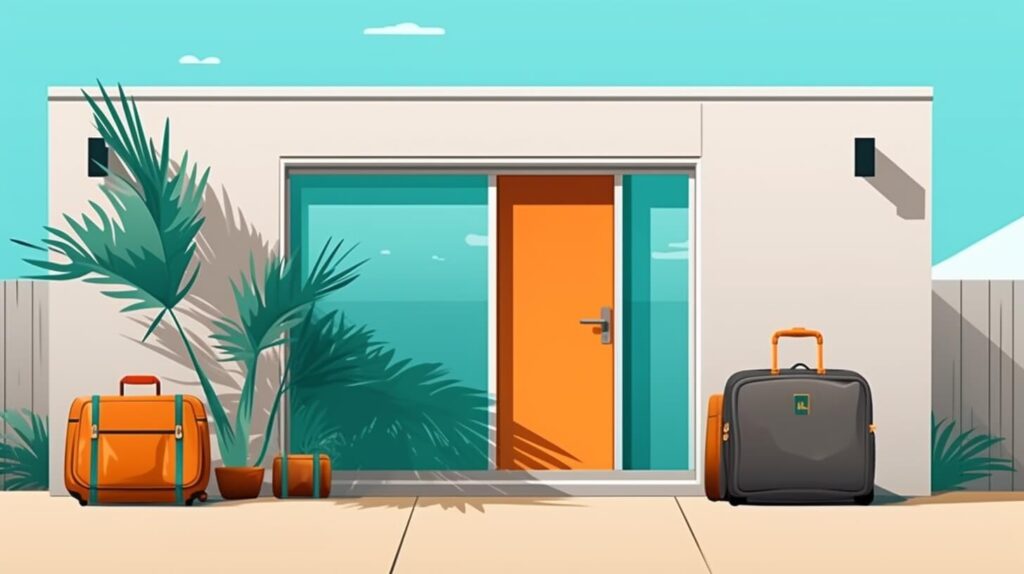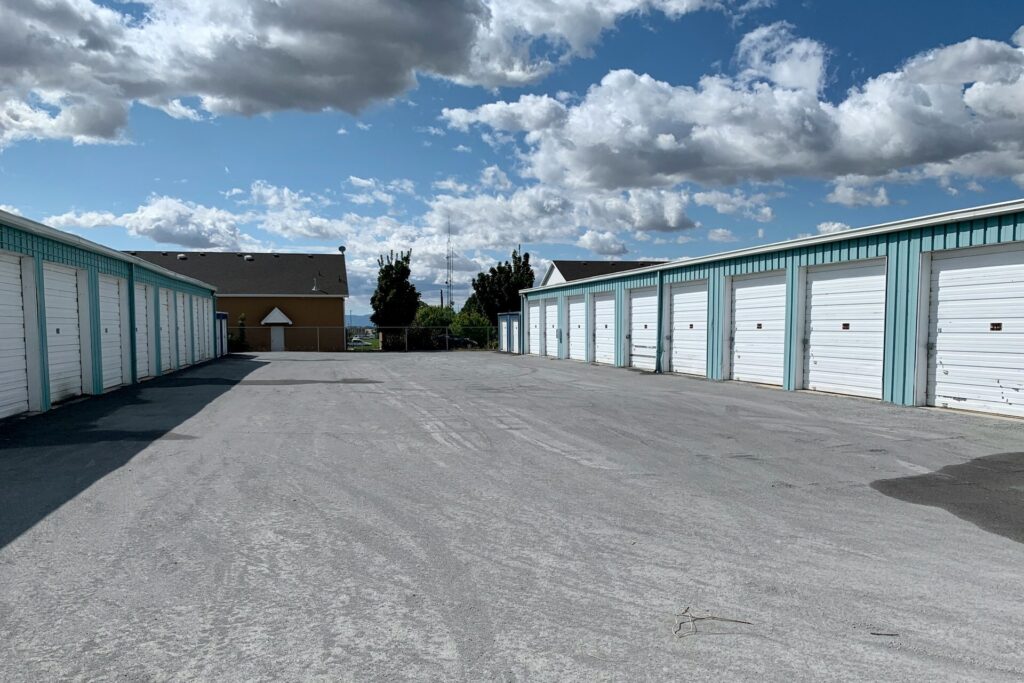
We are reader-supported. When you buy through links on our site, we may earn an affiliate commission.
Do you own a second property? Or are you considering moving and leaving your home behind? If you do, you might have considered renting it out to get extra cash. While landlord life has many perks, however, it does have downsides, too.
What are the pros and cons of renting out a house? Read on to discover the six most significant factors you’ll have to weigh in making your decision.
The Pros of Renting Out a House
When it comes to renting out your property, your eyes might light up with dollar bills. You can earn a considerable income from a second home. If you inherited it free and clear, you could make more than $1,000 per month.
A Residual Monthly Income Stream
What’s better than earning a paycheck? Getting paid without lifting a finger. If you vet your tenants carefully, you can enjoy a reliable residual income stream that doesn’t require you to punch a clock.
Most months, you won’t need to do anything but check the alert when the funds transfer hits your bank account — assuming you let your renter pay electronically.
More Free Time to Do What You Love
Unlike money, you can’t make more time. It’s the only thing in life that you can never get back once it’s gone. If you currently work two — or more — jobs, think of the free time you would enjoy if you could replace that income without the hourly commitment. You can finally take that vacation you have longed for or merely enjoy sitting down to dinner with your family instead of your laptop.
Cover Your Mortgage
If you still owe money on your second property, you can cover most of your mortgage costs by renting. Most landlords charge between 0.8% and 1.1% of a home’s value as their monthly amount. Even if this doesn’t cover the full amount, it can make a sizable dent.
Another pro to renting out a house is covering utility costs. You might choose to do this for your tenant, but many landlords opt to have their renters pay for electricity and water. Leaving these turned off in a vacant property for an extended time can result in problems remaining undetected — until you discover them when you sell.
The Cons of Renting Out a House
As with any decision, you have to look at the prospective drawbacks when deciding whether to rent out a house. Most tenants do little damage and pay their bills timely. However, you can find horror stories on the internet, so it pays to remain aware.
Finding Reliable Tenants
Most tenants want to obey the rules — an eviction on their record can make it problematic to find future housing. Prior evictions typically show on an applicant’s credit report, so make sure you run a check. Many private landlords do not, and tenants with negative histories know to seek these individuals.
Should you take a risk on a tenant with a prior eviction? It’s a challenging call, but if they have a stable work history and a reasonable explanation, they might turn out to be dreams. Do take the time to interview them and trust your instincts.
Tending to Maintenance Issues
As the property owner, you remain responsible for all maintenance. Sometimes, your obligation can create significant inconveniences. If a pipe bursts at 3 a.m., guess whose phone will ring?
You are legally bound to perform some repairs. You must adhere to all local building codes — make sure you don’t approve tenant improvements that violate these. You must also keep vital services, such as electricity and water, functional. Heat is a requirement, and in some areas of the country, so is air conditioning.
Dealing With Nonpayment
Finally, deciding what to do if a tenant cannot pay rent is one of the most heartbreaking cons of renting out a house. Many landlords find themselves dealing with nonpayment of rent currently due to the COVID-19 pandemic. If your renter lost their job, even if they were not at fault, you can accept partial payments or work out an arrangement. However, you need to know you have the intestinal fortitude to evict a tenant.
Renting Out a House — Do the Pros Outweigh the Cons?
When it comes to the pros and cons of renting out a house, only you can decide if the benefits outweigh the potential pitfalls. However, by educating yourself, you can make an informed choice.







